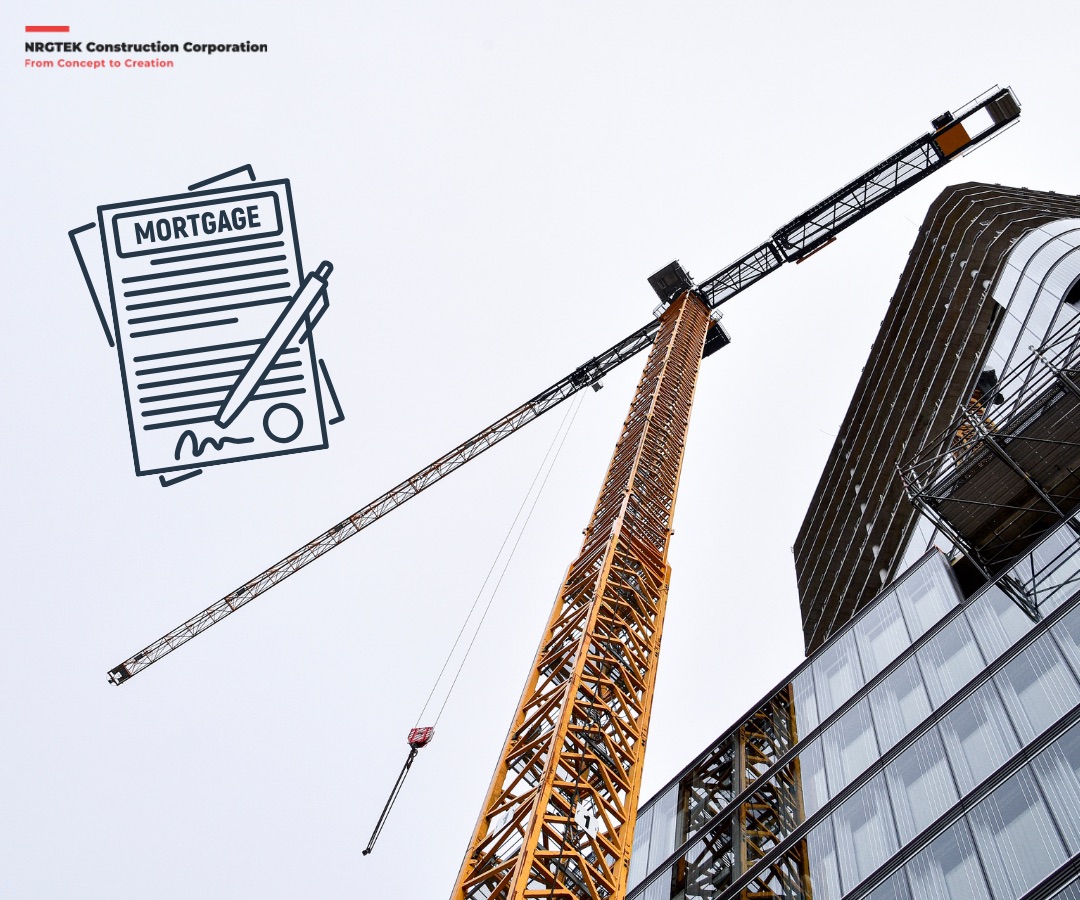
British Columbia’s construction industry is a cornerstone of its economy, driving growth, employment, and development. However, the sector is highly sensitive to fluctuations in interest rates, especially those related to mortgages. With recent hikes in mortgage interest rates, the construction landscape in BC is undergoing significant changes. Let’s explore how these high interest rates are shaping the industry.
1. The Strain on Homebuyer Affordability 
One of the most immediate impacts of high mortgage interest rates is on homebuyers. Higher rates translate into higher monthly mortgage payments, which can push homeownership out of reach for many. This reduction in affordability shrinks the pool of potential buyers, particularly affecting first-time homebuyers who are most sensitive to changes in borrowing costs.
2. A Decline in Demand for New Homes
As fewer people can afford to buy homes, the demand for new residential properties drops. This decreased demand is felt acutely by developers, who may find it increasingly difficult to sell new units. With a smaller market of potential buyers, sales volumes decline, leading to a slowdown in new housing starts and ongoing construction projects.
3. Increased Financing Costs for Developers
Construction projects are capital-intensive and often require significant financing. When interest rates rise, the cost of borrowing increases for developers. These higher costs can squeeze profit margins and make some projects financially unviable. Developers may face higher monthly interest payments, making it challenging to manage cash flow and project timelines.
4. Potential for Housing Price Adjustments
The combined effect of reduced demand and higher financing costs can put downward pressure on housing prices. While this might seem like a silver lining for buyers, it can create an unstable market. Price volatility makes it difficult for developers to plan and budget effectively, potentially leading to more conservative investment strategies and fewer new projects.
5. Slowing Construction Activity
Higher interest rates can result in delayed or canceled construction projects. Developers might put projects on hold until economic conditions improve, leading to a slowdown in construction activity. This ripple effect extends beyond the construction sites, affecting suppliers, subcontractors, and workers who rely on the industry for their livelihood.
6. Economic Ripple Effects
The construction industry is a significant driver of employment and economic activity in BC. A slowdown can lead to job losses not only in construction but also in related industries like manufacturing and retail. This contraction can have broader economic implications, potentially slowing overall economic growth in the region.
7. Shifting Market Dynamics
With fewer people able to buy homes, the rental market may see increased demand. Developers might shift their focus towards multi-family rental properties to capitalize on this trend. Additionally, there could be a shift towards building smaller, more affordable homes to cater to the reduced purchasing power of buyers.
8. Policy and Regulatory Responses
In response to these challenges, government interventions might become necessary. Policies aimed at supporting first-time homebuyers, such as tax incentives or subsidies, could help mitigate some of the negative impacts. Additionally, adjustments in building codes or zoning regulations might be considered to promote more cost-effective construction practices and support the industry.
Conclusion
High mortgage interest rates are reshaping the construction industry in British Columbia in profound ways. From reducing demand and increasing financing costs to prompting shifts in market focus and necessitating policy interventions, the impacts are widespread. For developers, homebuyers, and policymakers, navigating this landscape requires adaptability and strategic planning. While the current environment presents challenges, it also offers opportunities for innovation and resilience in the face of economic fluctuations. As BC continues to grow and evolve, the construction industry’s ability to respond to high interest rates will play a crucial role in shaping the province’s future.










